Hi All,
One of Milele's core values is giving children choice about what they do in life, so when Edward asked to join the school Scouts group we were very supportive. The group is free to join but members need to have the internationally recognised Scout uniform.
Sponsorship is designed to cover education, school lunches and healthcare and unfortunately there's not much left in the budget after all of the essentials have been provided. Luckily for Edward 2 of his lovely sponsors offered to pay for his uniform and he is now a fully fledged member of the Mtwapa Elite Scouts!
Edward in his uniform
Dyb dyb dyb
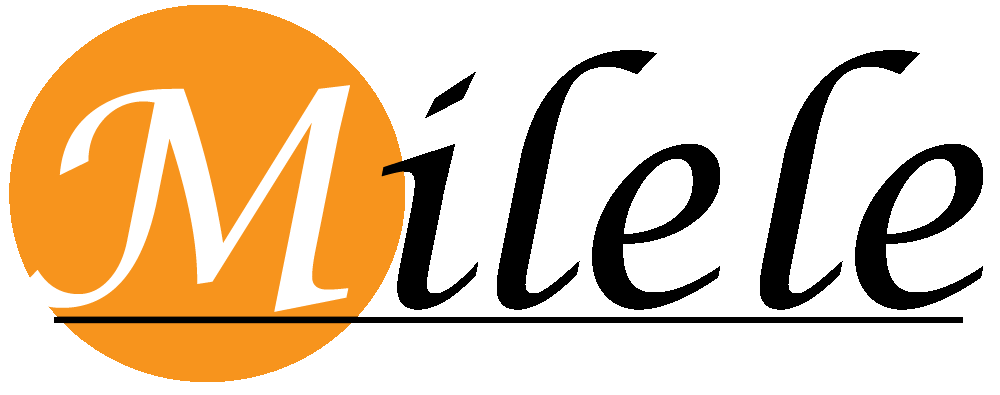











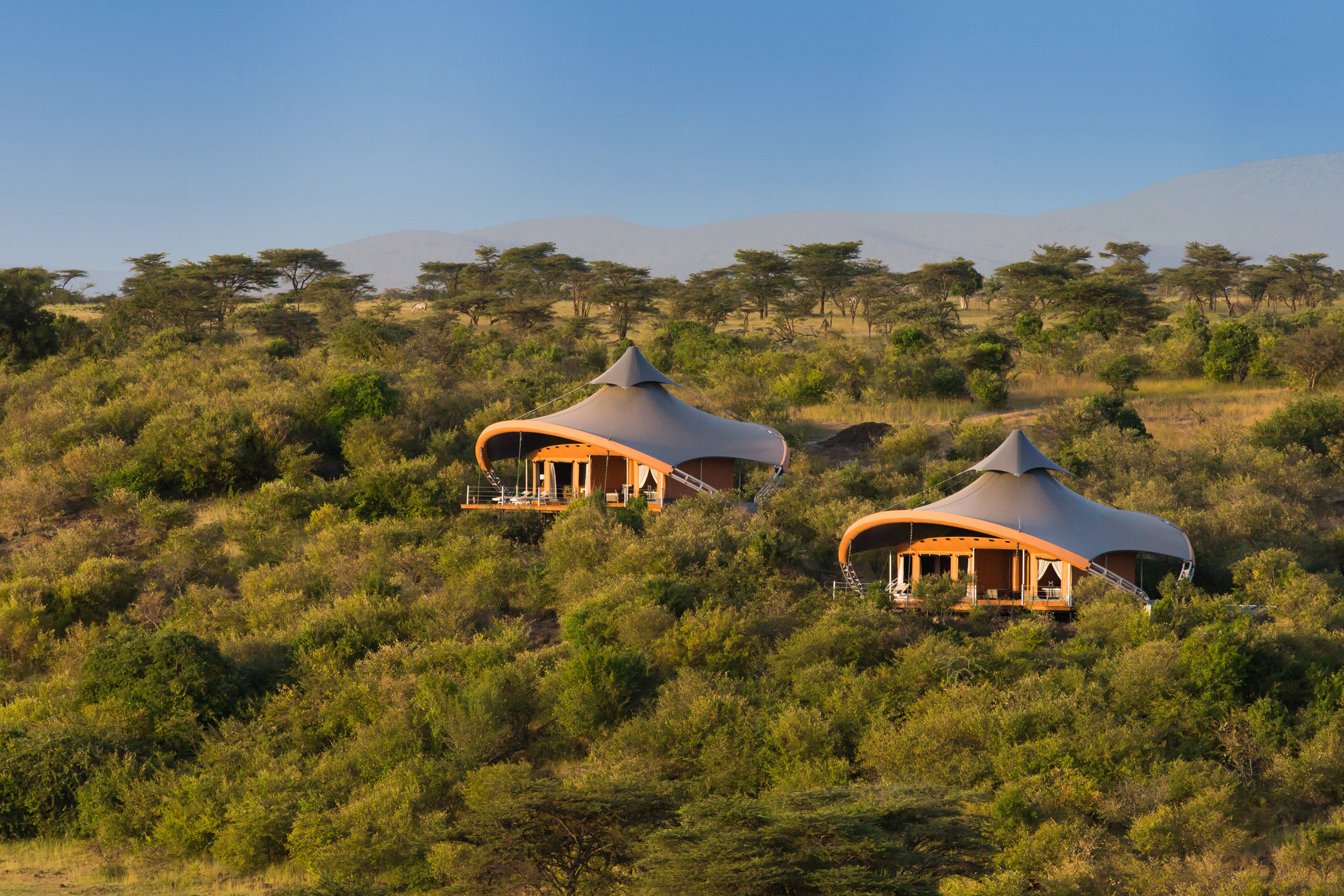
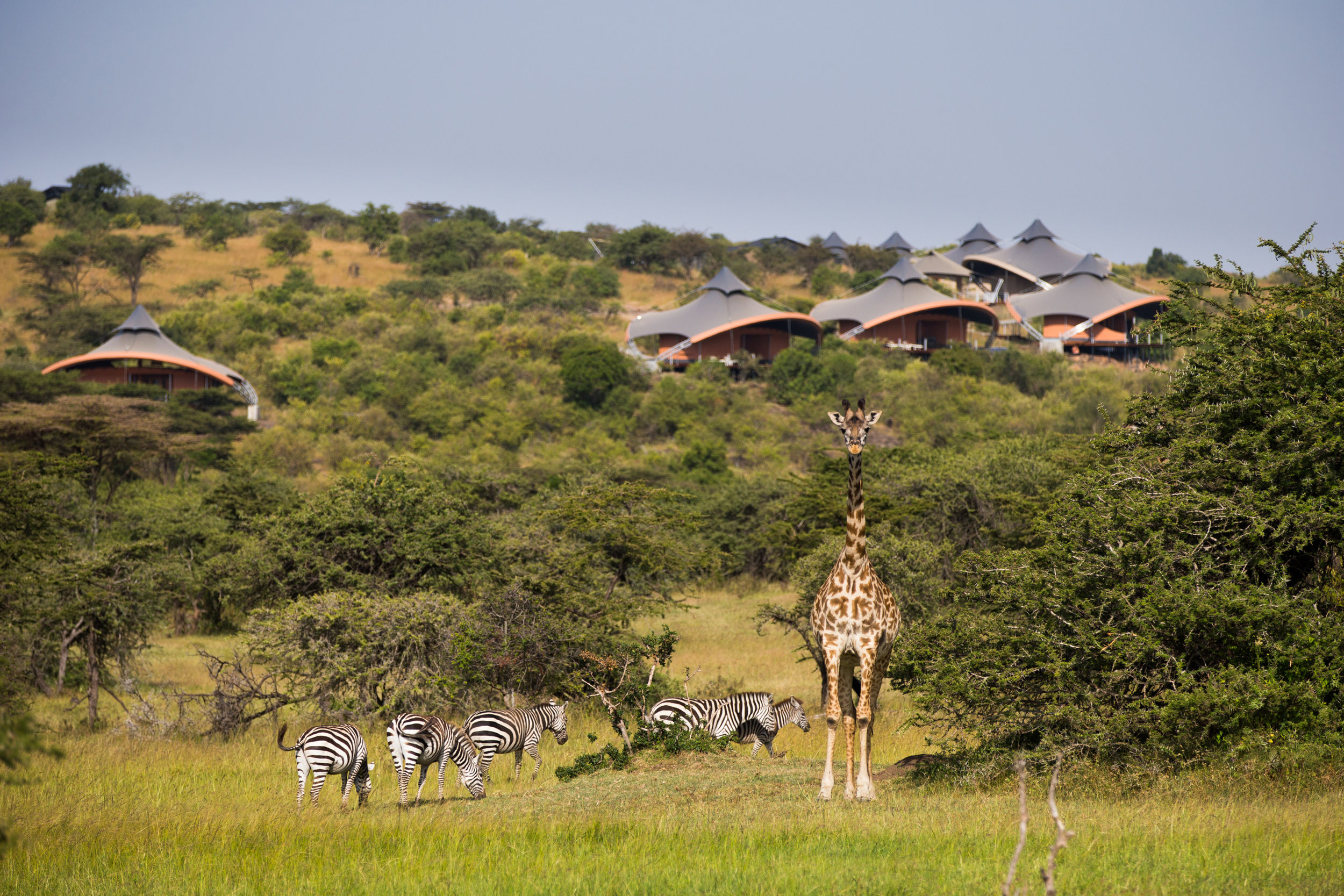
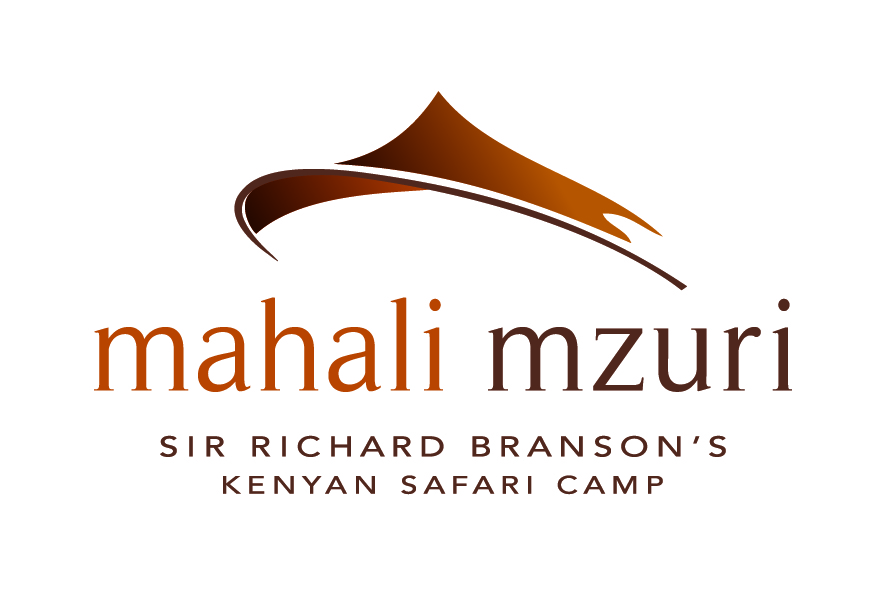




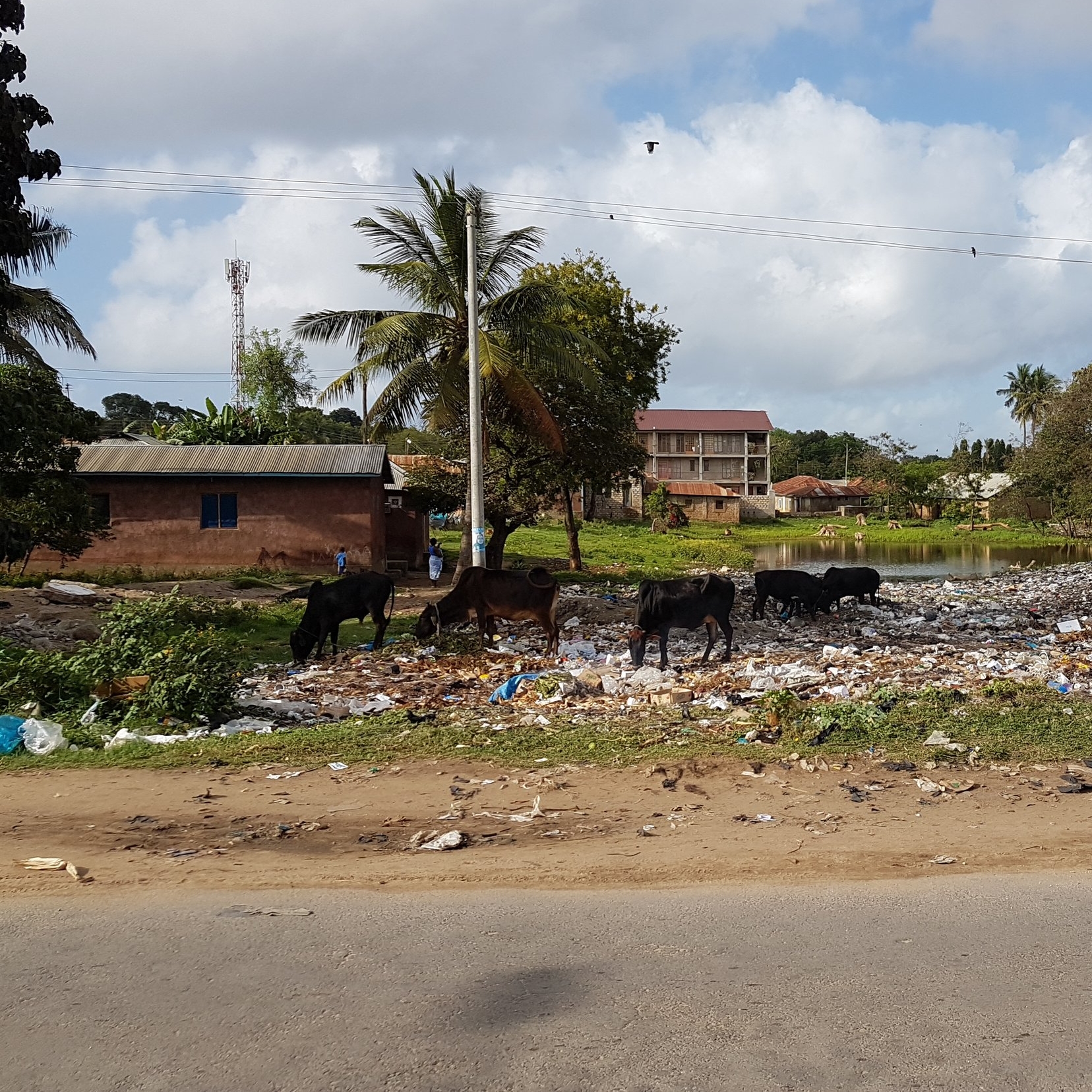

All about the role of our sponsorship coordinator